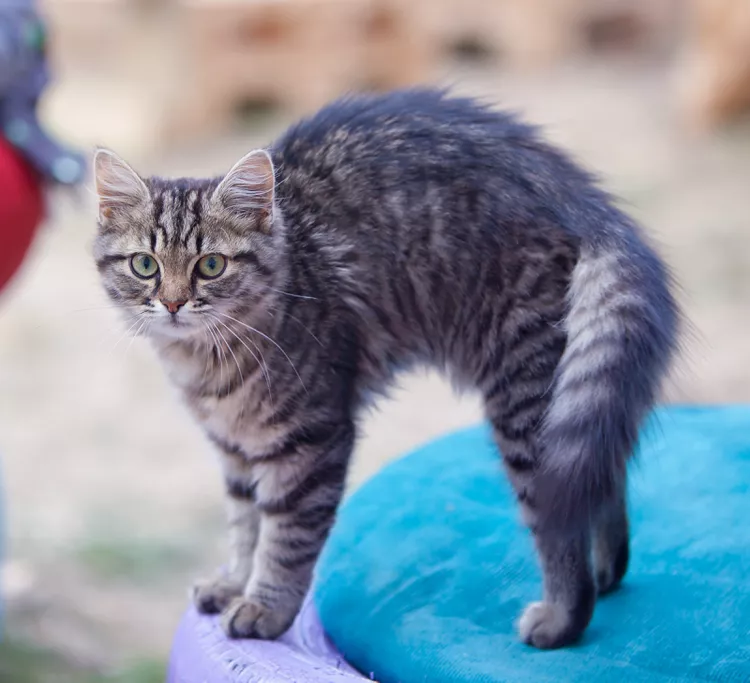
Feline Hyperesthesia Syndrome (FHS), commonly called rippling skin disorder, can be mistaken for normal crazy behavior in cats. However, it's a syndrome that may require treatment. Tuning in to the symptoms, such as skin twitching, abnormal vocalizations, and erratic behavior will help you and your veterinarian identify the need for medical intervention.
Learn more about Feline Hyperesthesia Syndrome and its common treatments and prevention methods.
Feline Hyperesthesia Syndrome (FHS) is a disorder in which the characteristic symptom is rippling or shuddering skin (particularly on the back, near the base of the tail). FHS also manifests as behavioral abnormalities that are even more concerning, such as excessive vocalization and generalized agitation.
To track symptoms that may indicate FHS, consider documenting the frequency of twitching or odd behaviors, such as:
The exact cause of Feline Hyperesthesia Syndrome is often unknown. Because of this, FHS has been categorized as a behavioral, neurological, and/or skin disorder. While any cat can be affected by it, Asian breeds such as the Siamese, Burmese, Abyssinian, and Persian tend to be diagnosed more frequently. Most cats affected by Feline Hyperesthesia Syndrome start to exhibit symptoms between one and seven years of age. Possible triggers include:
Diagnosis of FHS is often a process of elimination. A veterinarian will often look for evidence of skin disease, trauma, or underlying health conditions before making a diagnosis. Because this condition is so often idiopathic (no known cause), your doctor may recommend dietary and environmental modifications before opting for more diagnostic tests like an MRI. Of course, if seizures have been noted, then neurological tests may be recommended.
A cat with FHS can be helped at home by relieving stressors along with providing exercise-based activities, such as interactive play with wand toys. Clicker training, a very effective and fun behavioral modification approach, may be used to stimulate a cat's activity level and alleviate anxiety.
Removing negative influences and exposures, such as other aggressive pets or loud noises, can help. A diet change to a hypoallergenic diet may be tried in cats with known or suspected allergies. Effective flea control is a must.
Anti-convulsant medication such as phenobarbital may occasionally be prescribed for the FHS cat that experiences seizures, or low dosages of mood-stabilizing drugs may be prescribed to help calm a cat.
Although a cat with FHS may never be entirely "cured" with modifications or medication, you can work with a pet behaviorist to help your cat feel happier and more comfortable.
The quality of life for a cat with FHS depends on the cause of the condition. The goal of treatment is to make a cat more comfortable. If a recommended treatment does not seem to be working, a follow-up with a veterinarian is recommended.

Cute Pictures & Facts About Calico Cats & Kittens
Learn fascinating facts about calico cats, including photos, the genetics behind this color combination, and common folklore and traditions.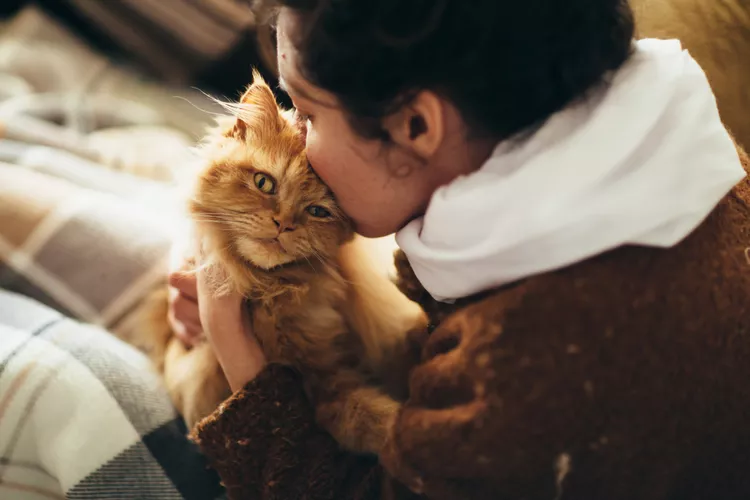
How to Prevent Cat Separation Anxiety During Vacations
Discover why cats develop litter box problems and cat behavior problems when you go on vacation and what you can do about it to help them.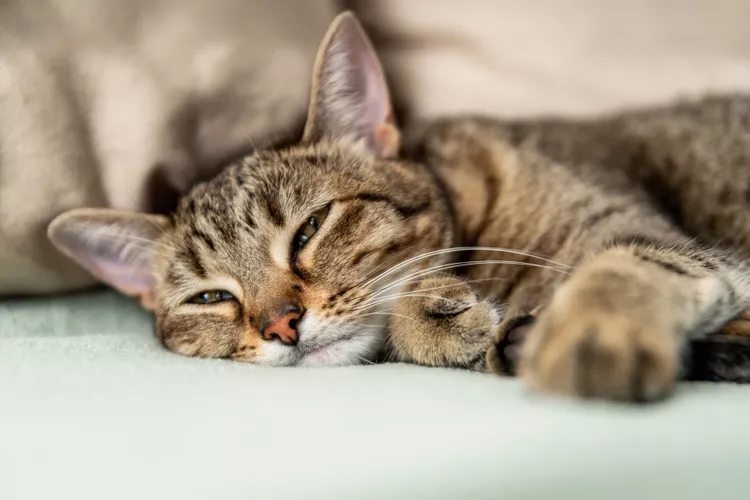
Cat Behavior Changes That Might Mean Something's Wrong
Cats' behavioral changes may indicate problems—or they may mean nothing at all. Explore causes of odd behavior and what to do about them.
Lhasa Apso: Dog Breed Characteristics & Care
The Lhasa apso is an ancient breed from Tibet that was bred to be a watchdog. Learn about its history, health, exercise needs, and more.
Reasons Why Dogs Run Away and How to Stop It
Dogs can escape, especially if they’re bored and not properly contained. Here are some techniques for stopping your dog from running away.
Can Dogs Get Depression? How to Help Your Sad Dog
Can dogs get depression? Learn about the signs of depression in dogs and find out how to help your sad dog.
How to Stop Aggression in Dogs
Dog aggression can be a serious behavior issue for pet owners. Learn how to stop aggression in dogs before someone gets hurt.
How to Stop Your Dog From Growling
A growling dog can soon become even more aggressive. Reduce the noise and potential for a dangerous situation with some of these techniques.
Why Do Dogs Dig Holes? How to Stop Your Dog from Relandscaping Your Yard
Dogs have been digging holes for centuries and for many reasons. Whether they’re bored or want to cool off in the dirt, here are the top reasons why dogs dig holes.
Dog Treat Varieties
Learn about the different types of dog treats on the market and decide which are best for your dog.
Can Dogs Eat Asparagus?
Dogs can eat asparagus, provided the vegetable is cooked plain and cut up for them. Seasonings, salt, and butter make it unhealthy for dogs.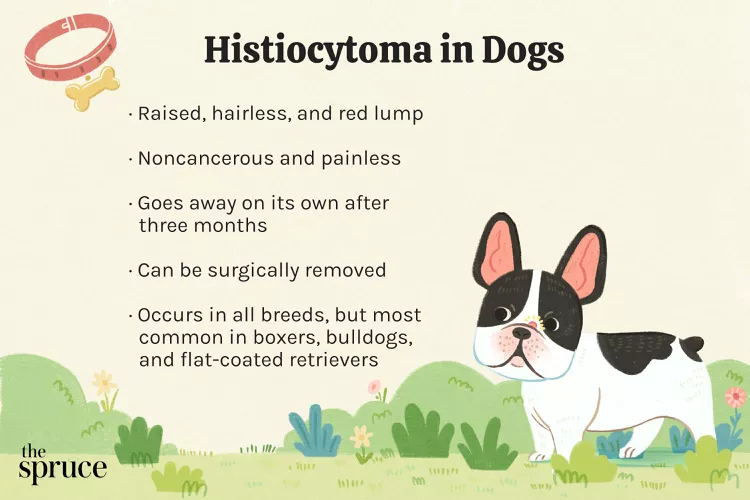
Histiocytomas in Dogs
A histiocytoma is a type of benign (non-cancerous) skin lump that usually affects young dogs. Learn the causes, treatment, and prevention.
Why Is My Dog’s Eye Swollen?
If your dog's eye is swollen, she may need veterinary attention. The inflammation could be caused by allergies, an injury, or even a tumor.
Common Bugs and Parasites Found on and Inside Dogs
Learn about common types of parasites in dogs. Find out how to treat and prevent parasites to keep your dog, your family, and yourself safe.
Exploring the Different Types of Pet-Friendly Beaches
Are you looking for pet-friendly beaches? Learn about the different types of pet-friendly beaches, their locations, and tips for visiting them with your pet.
10 Obscure, Little-known Canine Facts in Honor of National Dog Day
With National Dog Day upon us, it's time to celebrate everything about our favorite pets—even the weirder stuff. Here are 10 obscure facts about dogs you probably didn't know.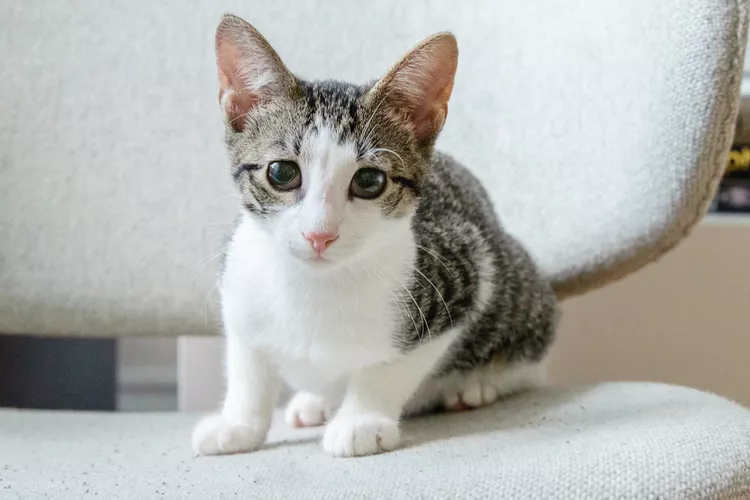
Kitten Development From 3 to 6 Months Old
Kittens grow and change a lot during their first year. Find out what happens between the ages of three months and six months old.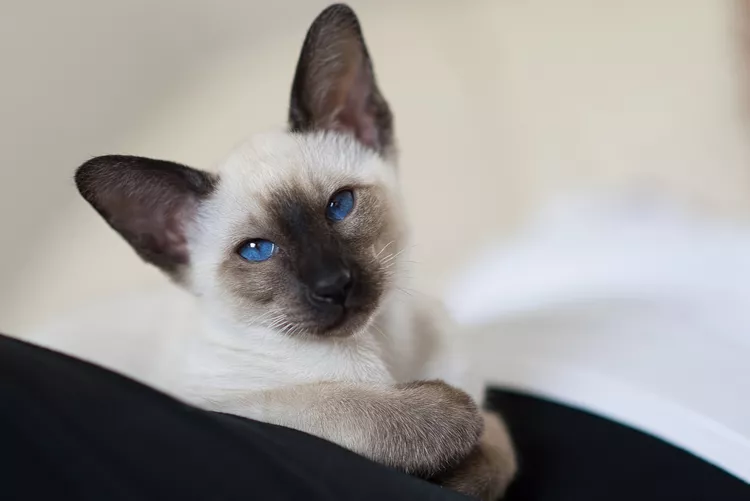
95 Siamese Cat Names
Our list of Siamese cat names has diverse and fun options to help you choose the ideal moniker for your elegant and lovable feline companion.
What to Buy for Your New Cat: A List of Essentials
Before you bring your new cat or kitten home, there are a number of things to collect or buy so your cat will feel welcomed like a family member.
The 6 Best Cat Nail Clippers of 2024 for a Safe Trim
Clipping your cat's nails can save your furniture and keep your kitty comfortable. We asked veterinarians for their cat nail clipper recommendations.